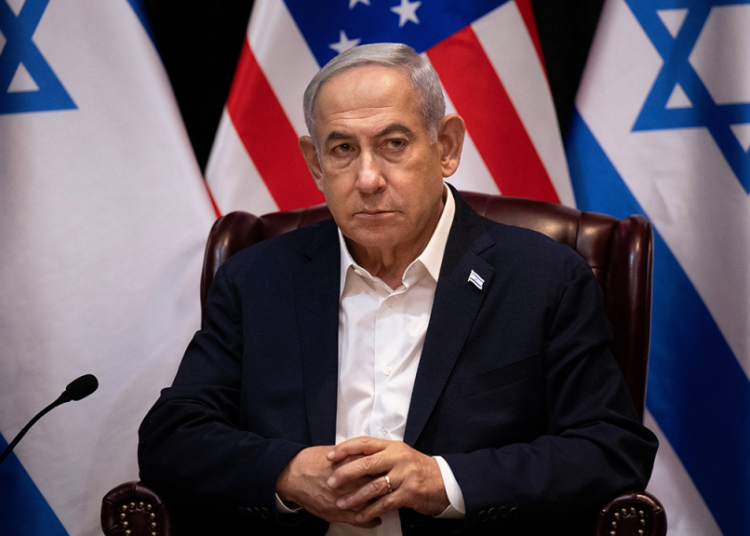The United Kingdom, Canada and Australia have now formally recognised a Palestinian state, stressing that this might be the most enduring path to peace between Israel and Palestine. This move has infuriated the Israeli authorities.
British Prime Minister Keir Starmer announced his country’s recognition in a video statement on social media on Sunday, even as Canada became the first G7 nation to make the same move, followed by Australia.
Starmer said it keeps “alive the possibility of peace” and insists the UK will “keep fighting to bring” home Israeli hostages.
Canada announced its recognition on Sunday, with Prime Minister Mark Carney saying, “Canada does so as part of a coordinated international effort to preserve the possibility of a two-state solution”.
Australia also recognised a Palestinian state on Sunday, with Prime Minister Anthony Albanese saying he’s received restated commitments from the Palestinian Authority (PA) that it will continue to recognise Israel’s rigt to exist.
However, Israel’s foreign ministry said “recognition is nothing but a reward for jihadist Hamas”
Families of those still being held in Gaza express concern – in an open letter to Starmer, they said recognition “complicates efforts to bring home our loved ones”
Earlier, Deputy PM David Lammy defended the UK’s position, telling the BBC, “Now is the time to stand up for a two-state solution”
Hostage relatives, however, said Starmer’s decision is ‘nothing less than a betrayal’
Adam Ma’anit’s cousin was held hostage – his body was returned earlier this year. Adam said Starmer’s move is a “betrayal.”
We’ve recently received a statement from Adam Ma’anit, whose cousin Tsachi Idan was held hostage by Hamas in Gaza.
Idan was one of four dead Israeli hostages whose bodies were handed over by Hamas in exchange for the release of Palestinian prisoners back in February.
Reacting to Keir Starmer’s announcement from a few hours ago, he tells me it feels like “nothing less than a betrayal” of the hostages and their families.
“Instead of using Britain’s influence to force Hamas to release the 48 hostages… it rewards Hamas with exactly what they call the ‘fruits of October 7’.”
There are 48 hostages still being held by Hamas in Gaza, 20 of whom are thought to be alive.
Another relative, the brother-in-law of one of the Israeli hostages still being held in Gaza, also condemns the move.
The UK has given Hamas “the greatest prize – an unconditional recognition of statehood”, Moshe Emilio Lavi tells me.
The recognition comes while the Israeli hostages “are being starved, tortured, and used as human shields” in Gaza, Lavi said
Apart from the UK, several countries have said they will – or are considering – recognising a Palestinian state.
Earlier this year, France’s President Emmanuel Macron became the first G7 leader to say their country would officially recognise a Palestinian state.
Portugal is preparing to shift policy, announcing on Saturday that it will recognise a Palestinian state this weekend.
New Zealand has also been considering recognition, but Prime Minister Christopher Luxon has said the decision will not be disclosed until next week.
Around three-quarters of the UN’s 193 members already recognise a Palestinian state – take a look:
The two-state solution is an internationally backed formula for peace between Israel and the Palestinians.
It proposes an independent Palestinian state in the West Bank and Gaza, with East Jerusalem as its capital. It would exist alongside Israel.
Israel has rejected a two-state solution, insisting that any final settlement must be the result of negotiations with the Palestinians, and statehood should not be a precondition.
The Palestinian Authority – set up in the wake of peace agreements in the 1990s – backs a two-state solution, but Hamas does not because it is opposed to the existence of Israel.
Hamas said that it could accept an interim Palestinian state based on 1967 de facto borders, without officially recognising Israel, if refugees were given the right to return.
Earlier efforts to settle the conflict saw Israel and Palestinian leaders sign the Oslo Peace Accords in 1993. This was intended to provide a framework for peace talks. However, talks eventually collapsed, with each side blaming the other.




